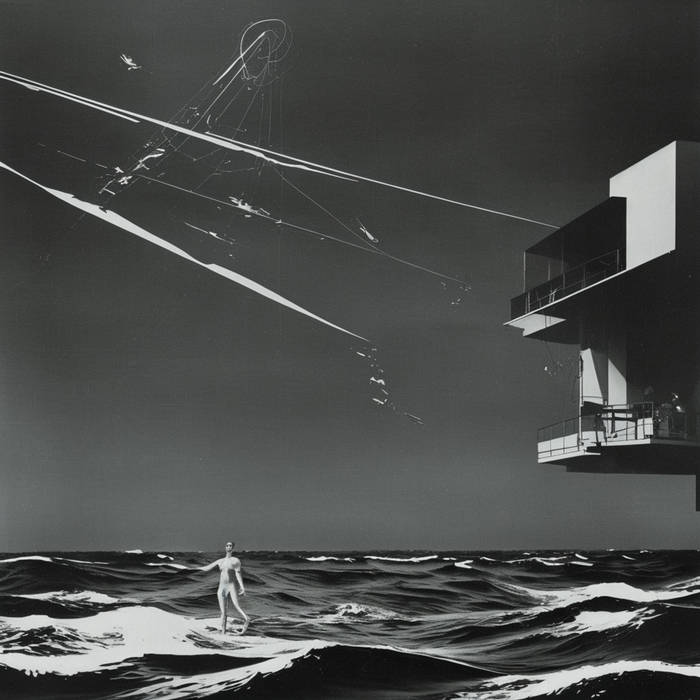In a similar vein to the question of separating art from the artist, I think it’s also worth discussing how one approaches appreciating art despite its often industrial and commercial origins.
Edited for clarity: commercial is sort of redundant, and may have given an impression of there being issue taken with any sort of money made from art, which wasn’t the intent. Focus was intended more on industrial, i.e. bigger business, art output.
I love GOOD advertising.
I love to imagine the person who walked into the meeting with the people from comparethemarket.com and pitched them a posh european meerkat and told them the pitch that they would have an alternative website for comparing meerkats… the creativity and balls to pitch that astounds me. So I see the art and creativity in it even if it is pure corporate advertising.
One of my favorite 2D artists is JC Leyendecker, who did almost nothing except advertisements. Is style was beautiful and iconic.
There is a grocery store chain here that dose some absolutely amazing ads, that I definitely value as art and stories even if it is just an ad for food in the end.
https://youtu.be/O8WjkwCw8OE?si=fkgMepIFayX1mnmr
This is one of my favourites for the story told, you don’t even need to understand the words spoken to get.
I think you might find some answers in Walter Benjamin’s text, “Art in the Age of Mechanical Reproduction”.
Benjamin’s Romantic theory of immanent criticism insists that the work must contain its own inner criterion, which separates it from the author and the conditions that surround it.
It’s not a long read and it centres around examining the quality of art.
John Berger also talks about this across a few different books.
The short answer feels essentially mimetic, that the idea of the art travels further than the image and as such has an aura of authenticity that can transend industrial reproduction and commerce.
Thanks! From your descriptions, I’ll have to look into these.
I don’t think I’ve even thought about that connection before reading this, so really there was never anything to separate.
I just don’t harbor any hate for artists, industry, or commerce, so when I know art came from somewhere that doesn’t interfere with my seeing it.
I don’t see the issue. You go into any art museum in the world and you can see pieces made by some artist who some duke or king or religion commissioned. I don’t see anyone complaining about that.
Context is an important tool when determining authorial intent, but one can investigate a piece under the frame of the death of the author too should they want to understand more what they personally gain from a work or what someone else entirely gets out of it.
Just don’t do that if you already tried authorial intent and decided you didn’t like the answer that got you, because now you’re either gonna be seeing that bad answer you didn’t like in everything or refuse to acknowledge anything that might contribute to it, both of which are severe blocks to reading it for the intent of what you take from it.
Plus it makes you come off like some weirdo who tells the author they’re wrong when they confirm a ship as canon or not, yes even through the plot development of the media in question.
Context is an important tool when determining authorial intent, but one can investigate a piece under the frame of the death of the author too should they want to understand more what they personally gain from a work or what someone else entirely gets out of it.
Am I understanding correctly that you’re suggesting an extension of death of the author to death of the industry to discern what one draws from art?
Not OP but I think that’s a natural extension, yes.
Why? Artists need to make money, too. Nothing bad about the fact.
To clarify, I’m asking in the sense of art made within larger businesses/corporations, wherein artists often give up some or all of the ownership of their work. Think of the fraught relationships between bands and their music labels, actors/directors and studios, developers/writers and publishers, etc.



